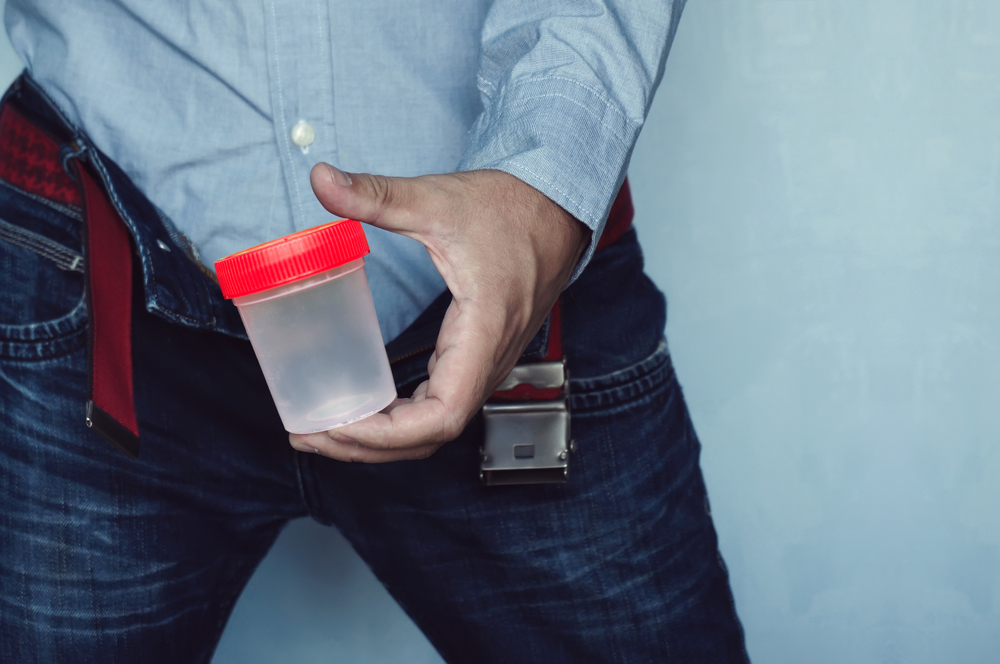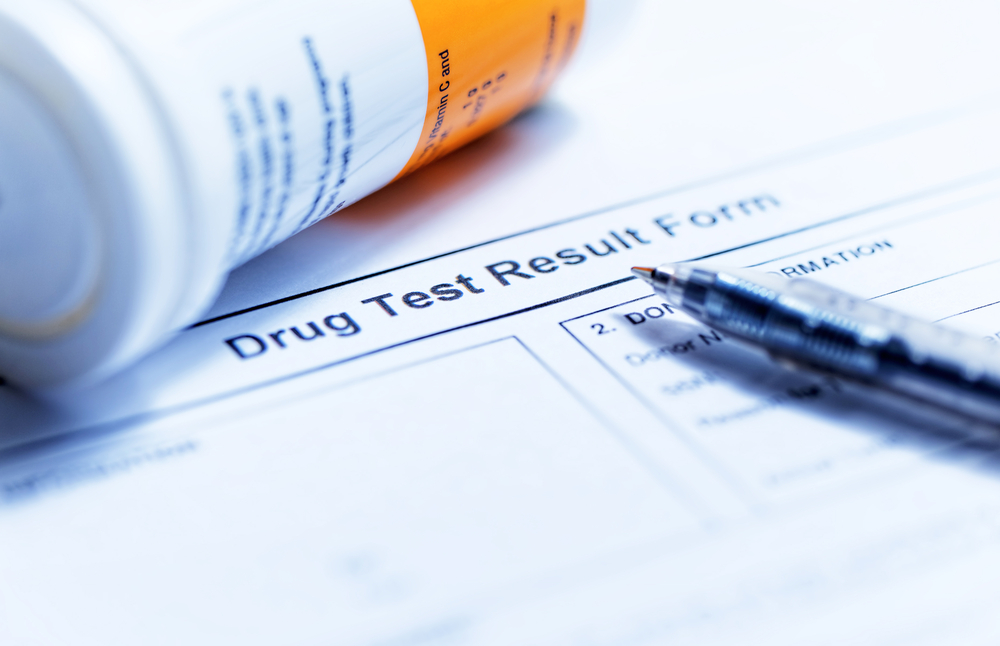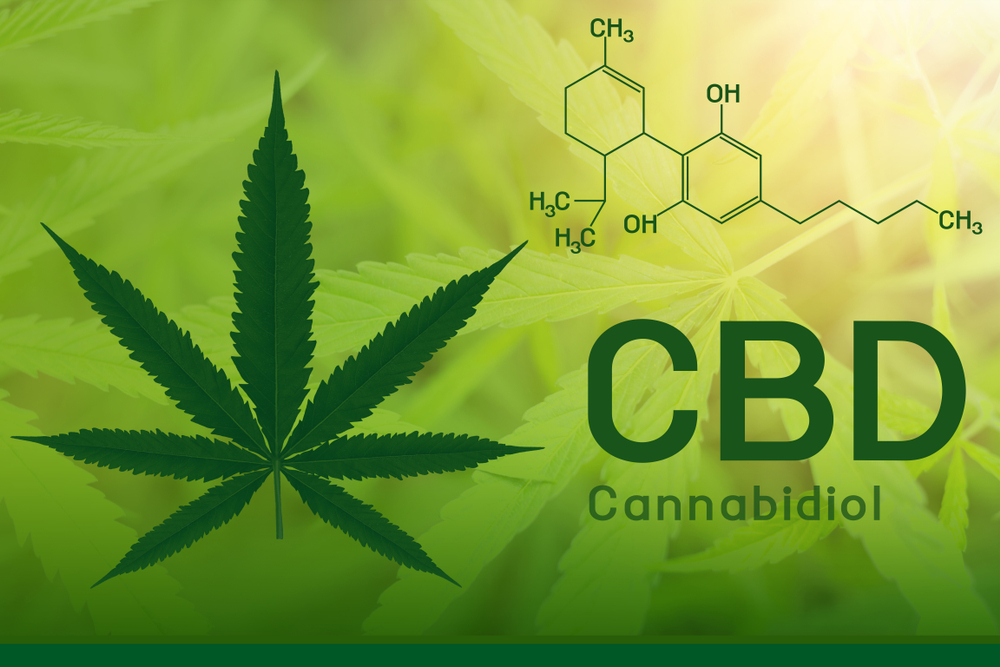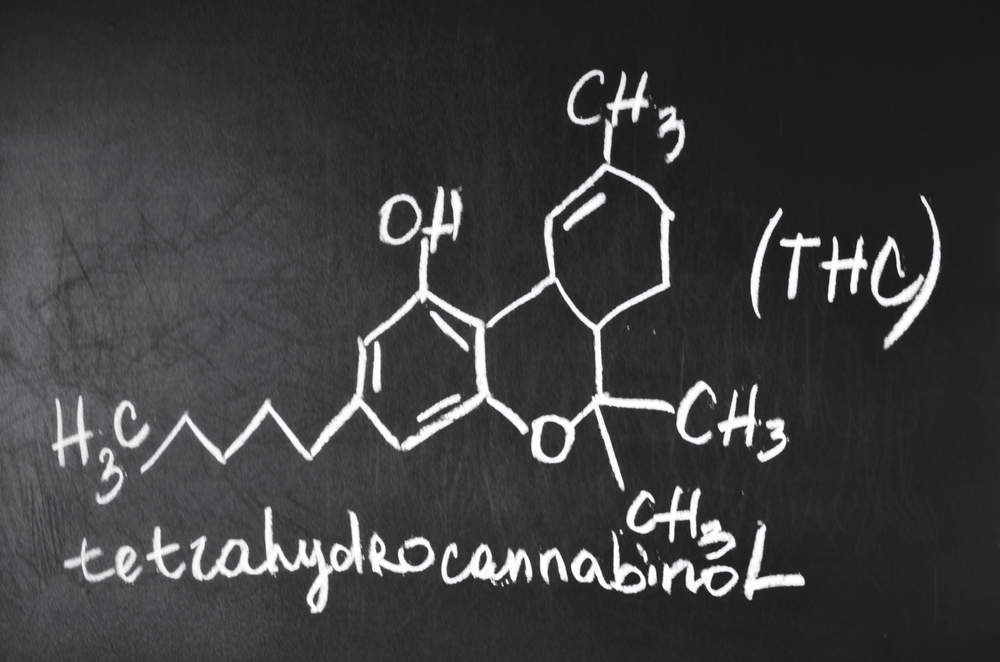
Even though mandatory employee drug testing is controversial, it has been in practice for a long time. Over the years, drug tests have become more sophisticated and more accurate, making it difficult to pass if you haven’t been abstinent. Cannabinoid and cannabinoid metabolites are among the most commonly detected substances in drug tests. So how exactly are they tested?
Interestingly, THC is one of the longest lasting intoxicants in the body. Even weeks after abstaining from use, THC and its metabolites can still be detected. Once we have a look into the science of cannabinoid drug testing, it’s going to make a lot more sense why this happens. Fortunately for Cannabidiol enthusiasts, CBD is not ever really detected on drug tests. However, the unfortunate reality for THC users is that even an infrequent user can get caught out on a drug test and fail. Being informed about the product and finding it legally near you can help you to avoid problems, according to the Observer.
Urine Drug Testing Detects THC Metabolites

Contrary to popular belief, urine tests do not detect THC. In fact, conventional urine testing facilities don’t test for any cannabinoids, terpenoids or flavonoids in the cannabis plant other than carboxy-THC, otherwise known as THC-COOH.
Depending on the way that cannabis is ingested, it is metabolized in different ways. However, irrespective of the way it is ingested, THC-COOH is one of the final metabolites. While most THC is broken down by the body within the first 20-90 minutes, THC-COOH has an elimination half life of up to 20 hours. This is why the THC metabolite is easily detectable for weeks after the last use.
Drug testing for THC metabolites allows the facility to know whether a person has smoked cannabis recently or a while ago. For the most part, employers want to know if a person has used cannabis within the last weeks or months. The only way this is possible is by testing THC metabolites.
With that being said, there are certain cannabis drug testing facilities that are able to check for the first metabolite of THC; hydroxy-THC. All hydroxy-THC is eventually metabolized again into THC-COOH, so testing for the hydroxy metabolite tells an officer or facility if a person has smoked or consumed very recently. For most employers, this isn’t an appropriate test. Rather, this could be used at DUI checkpoints.
What About Saliva Testing?

Saliva testing is most commonly carried out at DUI checkpoints. This method is almost never used by employers or courts to test for cannabis use. Unlike urine testing, saliva testing does not detect THC metabolites. The police generally don’t care if you smoked cannabis a week ago and are driving. They are mainly concerned with whether or not a person is too impaired to drive. For that reason, THC itself is detected on a saliva test.
In most cases, THC lasts on saliva for a few hours. It is detectable for up to 24 hours, but it is unlikely to test positive on a saliva test for more than 12 hours after the last use.
Do Drug Tests Detect CBD?

As we mentioned already, urine drug tests are generally looking for metabolites of THC. That means that CBD is not particularly on the radar of most drug testing facilities. However, it’s important to understand that many CBD products also contain THC. This means it is entirely possible for THC to be detected in somebody who is, as far as they are concerned, consuming CBD products.
In general, CBD users don’t have to worry about drug testing, so long as the product they are using is CBD-only (such as those manufactured from hemp). But CBD users have tested positive on drug tests before, not realizing that small volumes of THC were present in their CBD products.
Can You Fool A Drug Test?

As you can imagine, many people have tried to fool drug tests in the past. While some have been successful, testing facilities have become more and more savvy about making drug tests foolproof. There are many ways to try and fool a drug test, but at the end of the day, abstinence is the best way.
Products are available for purchase that claim to flush THC and its metabolites out of a person’s system. However, these products are not generally considered safe to use and are harsh on a person’s metabolic systems. It is also common for people to try flushing out their system by consuming lots of fluids and fruits – and of course, abstaining from cannabis use.
Even if a person consumes lots of water before a drug test, a “diluted” urine test also rings alarm bells for drug testing facilities. A diluted urine test is an indication that a person is trying to cheat their way through, so this isn’t always the best method.
Whereas years ago, false positives were a common thing, cannabinoid testing has become more and more accurate. As technology develops, facilities are able to see how long ago a person last used cannabis as well as its presence in a person’s system. This makes it even more difficult to fool a drug test. Drug testing continues to be a controversy among American employers, especially in the age of legal cannabis.




